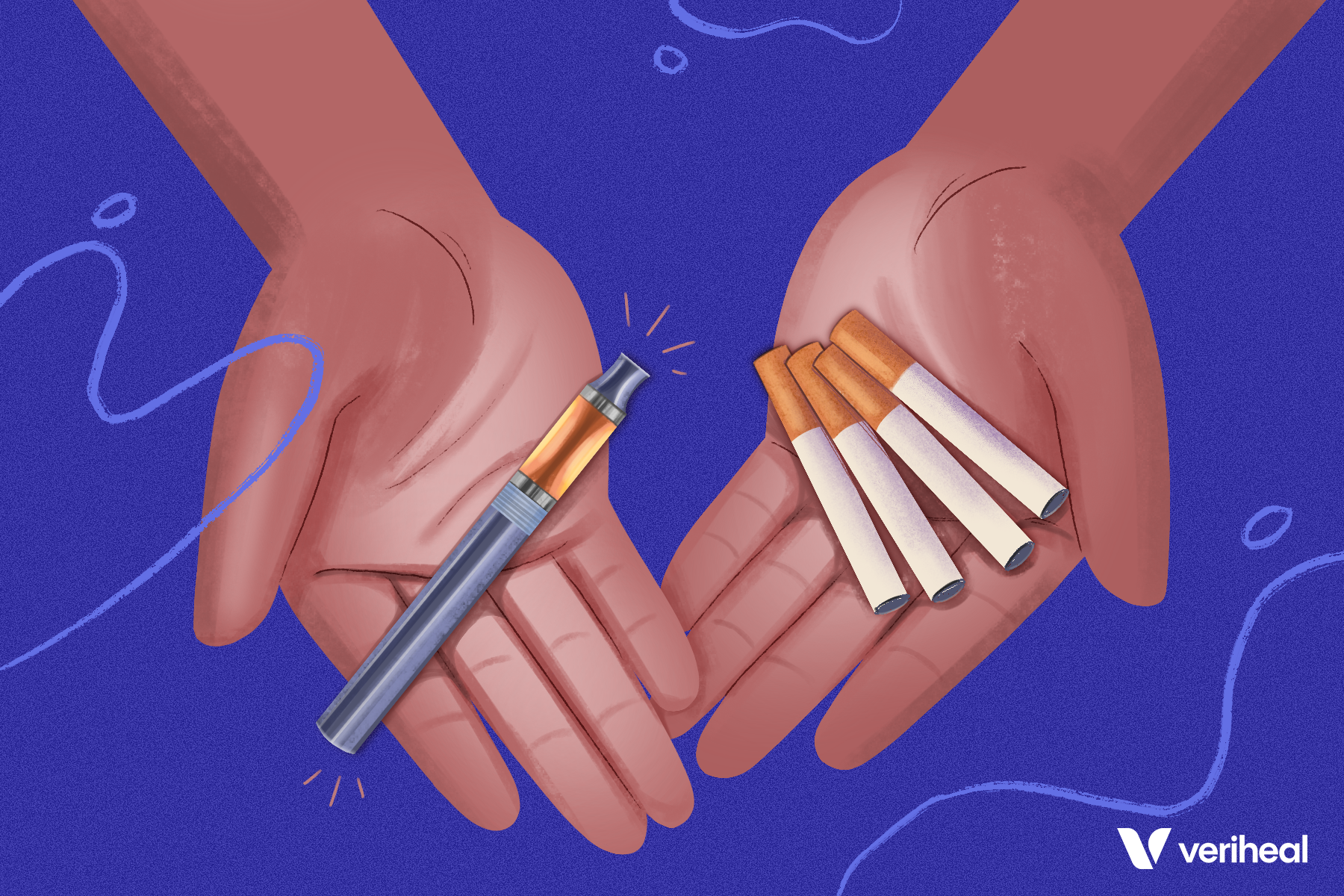In the ongoing battle against tobacco addiction, millions worldwide struggle to quit smoking and break free from the chains of nicotine dependence. Researchers have turned to a surprising ally in this fight in recent years: cannabidiol, or CBD.
Known for its numerous health benefits and non-intoxicating properties, CBD has emerged as a potential aid for quitting smoking. A recent federally funded study by Washington State University (WSU) has shed light on how CBD might help smokers kick the habit by reducing nicotine cravings.
The Prevalence and Impact of Cigarette Smoking in the United States
Cigarette smoking remains a significant public health concern in the United States, despite the decline in tobacco use in recent years. According to the Centers for Disease Control and Prevention (CDC), approximately 14% of adults (34.1 million people) in the U.S. were current cigarette smokers in 2019. Alarmingly, smoking is responsible for more than 480,000 deaths per year in the United States, accounting for nearly one in five deaths.
Moreover, for every person who dies due to smoking, at least 30 people live with a smoking-related illness. The economic burden is also staggering, with more than $300 billion spent annually on smoking-related healthcare costs and lost productivity.
The Study: CBD’s Effects on Nicotine Metabolism
The research team at WSU embarked on a mission to investigate the specific mechanisms involved in how CBD influences nicotine metabolism, focusing on understanding how the non-intoxicating cannabinoid might aid in smoking cessation. The findings were nothing short of remarkable.
The study revealed that CBD’s ability to help smokers quit might stem from its inhibition of CYP2A6, the primary enzyme responsible for metabolizing nicotine within the body. This enzyme was inhibited by CBD by 50%. Interestingly, the research demonstrated that even small doses of CBD were sufficient to produce these positive effects.
By inhibiting nicotine absorption, CBD has the potential to significantly decrease cigarette consumption, ultimately reducing the health risks associated with tobacco smoking. As a result, CBD could emerge as a valuable tool in the arsenal of those seeking to break free from the grip of nicotine addiction and embrace a healthier, smoke-free future.
The Shift in Tobacco and Marijuana Use
In recent years, there has been a noticeable shift in the patterns of tobacco and marijuana use among the general public. Tobacco consumption has steadily declined, while marijuana use has experienced a significant surge, particularly among young people.
Why You Should Get Your Medical Marijuana Card
Veriheal has satisfied millions of patients nationwide by giving them access to these benefits
- Larger purchase limits
- Peace of mind
- Enhanced legal protection
- Access to higher potency strains
- Save up to 25% on cannabis purchases
- Skip the line at the dispensary
Recent Gallup polls have highlighted this trend, revealing that younger generations smoke marijuana twice as often as cigarettes. Specifically, the survey discovered that a mere 11% of Americans identified themselves as cigarette smokers, while 16% reported being cannabis users.
The percentage of cigarette smokers has reached its lowest point since Gallup started posing the question in the 1940s. In 1947, when participants were asked if they had smoked cigarettes within the past week, 41% answered yes. By 1949, this figure increased to 44% and peaked at 45% in 1954.
The growing popularity of cannabis and the decline in tobacco use may indicate changing attitudes and a greater awareness of the health risks associated with smoking. As research continues to uncover the potential benefits of CBD and other cannabinoids, we may witness a further shift in societal preferences, leading to even more substantial reductions in tobacco consumption and improved public health.
Other Potential Smoking Cessation Aids
In addition to CBD, other potential smoking cessation aids are being explored, with psilocybin emerging as a promising alternative for helping individuals quit smoking. Psilocybin, the primary active compound found in “magic mushrooms,” has recently gained popularity for its ability to assist in overcoming tobacco addiction.
Research conducted by prestigious institutions such as New York University, Johns Hopkins University, and the University of Alabama at Birmingham has provided valuable insights into the possible benefits of psilocybin for smoking cessation. Recognizing the potential of this research, the National Institute on Drug Abuse (NIDA) has approved a grant to support further investigation into the relationship between psilocybin and smoking addiction.
As our understanding of these alternative cessation methods grows, we move closer to developing a comprehensive treatment plan for individuals seeking to free themselves from the grip of nicotine addiction.
The Bottom Line
After taking a deep dive into smoking, nicotine cravings, and CBD’s effects on them, it’s evident that the results from this study can be a great catalyst for aiding in smoking cessation. CBD might just be the key to helping individuals quit for good – either in free-standing products or as part of an FDA-approved treatment plan like those used together with nicotine gums and patches.
Additionally, though tobacco consumption is declining in the United States, interest in marijuana has seen an uptick – so access to it could be another valuable component of smoking cessation. Despite the need for more research, CBD’s potential as a quitting tool is being explored. Until then, you can look into your local state laws and regulations and connect with Veriheal to apply for your MMJ card if you’re interested in exploring cannabis as an aid toward quitting safely and effectively.
Note: The content on this page is for informational purposes only and is not intended to be professional medical advice. Do not attempt to self-diagnose or prescribe treatment based on the information provided. Always consult a physician before making any decision on the treatment of a medical condition.
Author, Share & Comments
















